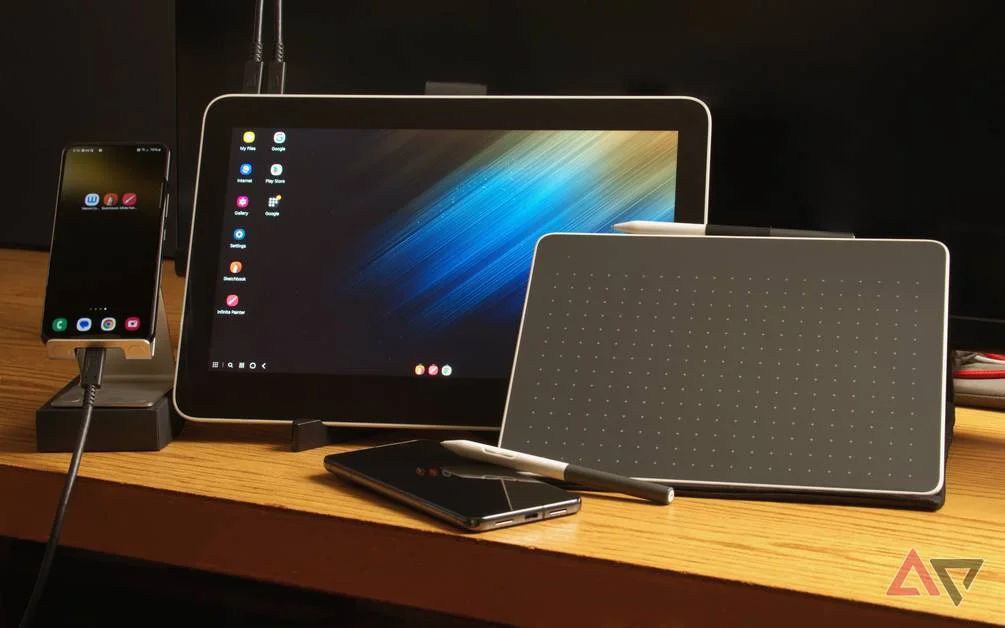
Android’s Answer to Samsung DeX? Google’s Desktop Mode Surfaces on Pixel Phones
For years, Samsung DeX has allowed Galaxy phone users to transform their mobile devices into desktop-like experiences simply by connecting to an external display. Now, it appears Google is finally answering the call with its own take on desktop mode for Android. An early look at this in-development feature has surfaced on Pixel phones, hinting at a potential shift in how we use our smartphones.

According to reports from Android Authority, Google is developing its own DeX-like desktop mode for Android, and an early version was spotted on a Pixel phone by Mishaal Rahman. This unfinished feature includes a taskbar for pinned and recent apps, and supports launching multiple apps in freeform, resizable windows. It seemingly adapts Android's tablet windowing for external displays.
Key features of this emerging desktop mode include:
- A taskbar for quick access to pinned and recent apps
- The ability to launch multiple apps in floating, resizable windows
- Support for dragging and dropping content between apps
The taskbar, a significant addition, provides a familiar desktop-like interface for launching applications and multitasking. Rahman's demonstration showcases the ability to simultaneously run multiple apps in floating windows, resize them, and even snap them to the side, paralleling desktop operating systems.

While the interface borrows elements from Android tablets, it also introduces PC-like external display tools, allowing users to rearrange displays and seamlessly move the mouse between them. Umar Shakir from The Verge highlighted that this new mode puts Android’s status bar on the top, allowing users to see Wi-Fi and signal strength. Furthermore, the taskbar at the bottom gives the user access to a Windows Start Menu-style app drawer, and provides access to Android’s native navigation buttons on the right end of the taskbar.
However, it's important to note that this desktop mode is still under development and likely won't be part of the initial Android 16 release. It may arrive in a later quarterly update or even with Android 17 in 2026, possibly as an opt-in developer option. Mishaal Rahman emphasizes that Google still has considerable work ahead before releasing its DeX competitor, but remains optimistic about Android 17's potential.
The biggest question is how this fits into Google's broader approach to desktop computing. While work to have ChromeOS use more Android under-the-hood is in progress, Google is clearly adding desktop features to Android that could open the door to proper laptops (or convertibles) running a desktop version of Android. Some experts suggest this could be beneficial for Samsung. It remains to be seen, but this new DeX-like desktop mode is sure to be a welcome addition for consumers to turn their phone into their desktop.
What are your thoughts on Google's potential DeX competitor? Will it truly unify Android across devices, or is it a feature few will actually use? Share your opinions in the comments below.